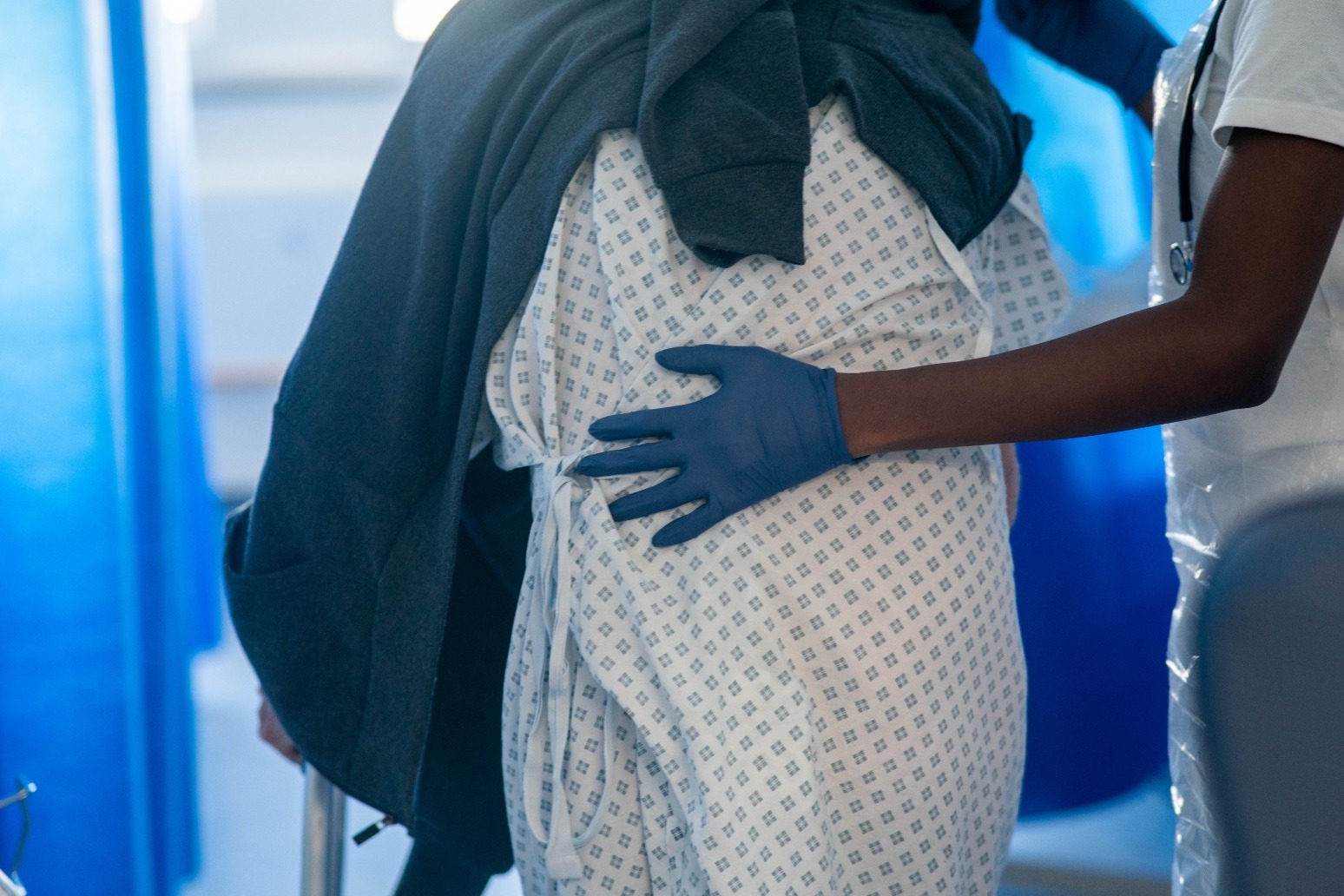
More than 300,000 cancer patients face delays ‘unless NHS performance improves’
Cancer Research UK projects there will be 17.2 million urgent suspected cancer referrals in England over the next five years
More than 300,000 cancer patients will face treatment delays over the next five years unless the Government drives up NHS performance, according to a new analysis.
Cancer Research UK projects there will be 17.2 million urgent suspected cancer referrals in England over the next five years and, by 2029, there will be a fifth more than in the last year alone.
The charity analysed the current NHS waiting times target, which says 85% of cancer patients should begin treatment within 62 days of an urgent referral – a target that has not been met since 2015.
It found that in the first six months of this year, 65.9% of cancer patients were treated within the target timeframe in England, meaning more than 30,000 patients did not start treatment on time.
Between now and 2029, the charity projects that more than 301,000 people will not have been treated on time, while the number of urgent suspected cancer referrals will rise by a fifth, from 3.1 million in 2023 to about 3.75 million.
The charity said the NHS is seeing more patients than ever before, but an ageing and growing population means there are record numbers of cancer cases.
Cancer Research UK also says that patients were waiting too long to be diagnosed in the first place, with one major issue being too few staff and not enough diagnostic equipment.
It comes the week after a major report on the NHS from surgeon and former minister Lord Darzi said cancer care in England still lags behind other countries, and death rates are higher.
His study found there had been “no progress whatsoever” in diagnosing cancer at the earliest stages I and II between 2013 and 2021. However, more recent figures suggest some improvement.
Cancer Research UK said there is a need for a long-term cancer strategy if the Government is to meet its pledges on hitting treatment targets.
Chief executive Michelle Mitchell, said: “Hardworking staff across the NHS are treating more patients in England than ever before, but this data provides a stark warning to the UK Government.
“Whilst it’s reassuring that more patients are being referred for cancer checks, our health service does not have the required resources to cope with record numbers of people being diagnosed with cancer. Unless action is taken, things could be even worse in five years’ time.
“The Health and Social Care Secretary’s pledge to meet cancer wait time targets by the end of this Parliament is encouraging, and we look forward to working with the UK Government to achieve this.
“But there’s no easy fix to this problem. We need to see long-term planning that provides the NHS with the equipment and staff it needs.”
Claire Rowney, chief executive of Breast Cancer Now, said: “These latest bleak figures emphasise a devastating ‘new normal’ of long waits for people to get a cancer diagnosis and start vital treatment that gives them the best chance of survival.”
She said the Government’s upcoming 10-year plan for health must include “ambitious, long-term solutions to tackle the issues being faced by cancer patients and ensure it’s backed by a fully-funded and staffed workforce.”
A Department of Health and Social Care spokesperson said: “Lord Darzi’s independent investigation found that cancer is more likely to be a death sentence for NHS patients than patients in other countries.
“This is completely unacceptable and why we are taking action to turn the NHS around, so cancer patients are diagnosed and treated on time.
“As part of our 10-year plan to radically reform our broken NHS, we will fight cancer on all fronts – through prevention, diagnosis, treatment, and research – to give people the care they need.”
An NHS spokesman said: “Thanks to the huge efforts of staff, the latest data shows that the NHS is checking more people than ever before for cancer with almost 290,000 referrals in just one month, more people than ever before are getting the all-clear or a definitive diagnosis within the four-week standard and more than nine in 10 people started their treatment within a month in July.”
Published: by Radio NewsHub